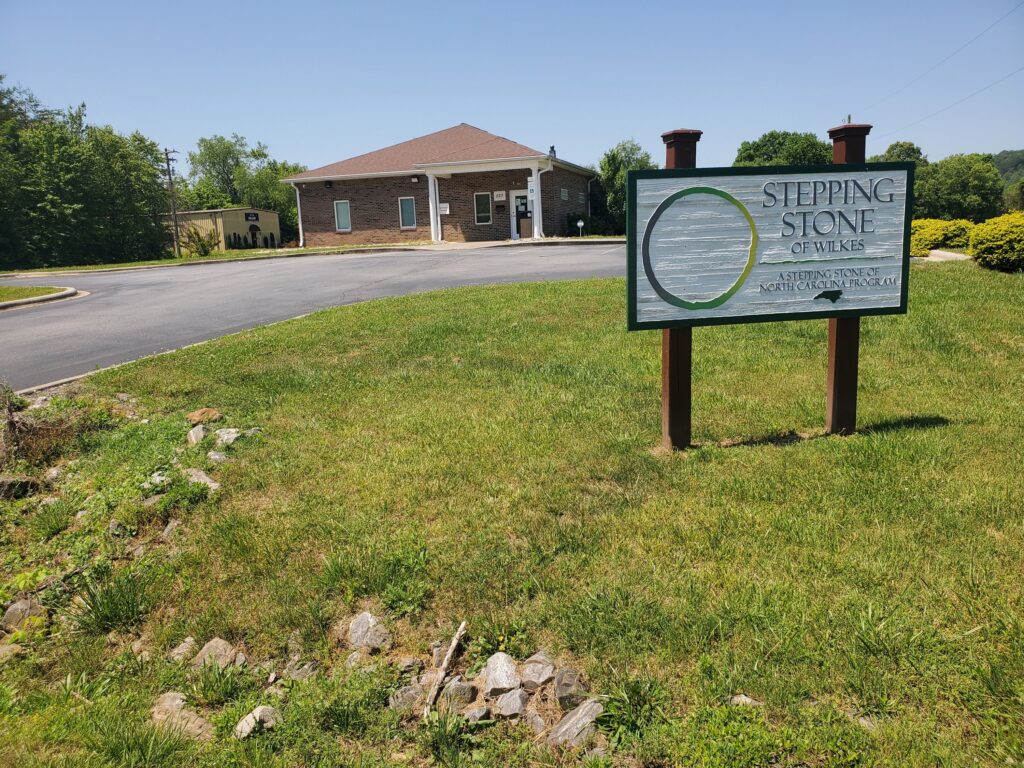Community partners are at the heart of Pinnacle Treatment Centers Inc.’s recent acquisition of substance use disorder provider Stepping Stone of North Carolina. This marks the Mt. Laurel, New Jersey-based addiction treatment provider’s expansion into a ninth state market.
The deal also encapsulates the driving mission of the company. Its purpose, CEO Joe Pritchard said, is to open access to treatment to as many as possible. Its strategy calls for teaming up with local partners like state governments and insurers.
Local partners, in turn, lead Pinnacle Treatment Centers to the areas of greatest need and opportunity.
“I personally believe, and we as an organization believe, that this is an illness that affects every part of the fabric of a community,” Pritchard told Behavioral Health Business. “To just walk in and decide that we know how to do services … and not have partnership makes it more difficult to drive the kind of care that you need.”
Pritchard’s early career experience looms large in the local stakeholder strategy. A 43-year veteran of the addiction treatment space, Pritchard started his career at a detox clinic in Philadelphia’s Skid Row.
Pritchard said his career experience includes grant-funded community programs to high-end, cash-only centers.
Pinnacle Treatment Centers, a for-profit corporation, offers a full range of facility-based addiction treatment services. It also supplements its efforts with telehealth. It accepts commercial and Medicaid patients.
Pinnacle Treatment Centers plans to build on the Stepping Stones deal. Stepping Stones operated two outpatient opioid addiction treatment clinics that served about 400 patients daily. As it has done in other states, like Ohio, Pinnacle hopes to become the largest addiction provider in North Carolina.
Pinnacle Treatment Centers plans to grow its existing programs and add many new services. An extension of the state government strategy, Pinnacle does so “to ensure that we can be impactful in the communities that we’re in,” Prichard said.
He added that Pinnacle works with several types of state departments and divisions. This includes officials in insurance, behavioral health, addiction services, and/or Medicaid departments.
Local partners then help Pinnacle Treatment Centers find other markets as it proves itself. This helps create sustainable growth for the company, Pritchard said.
This deep focus on community and partnership also comes from its largest investor, Linden Capital Partners. The Chicago-based private equity fund acquired its controlling stake in Pinnacle in August 2016.
Once Pinnacle Treatment Centers identifies a market, it will explore de novo and M&A options. In North Carolina, Pritchard said Stepping Stones had a “great reputation” and aligned well with Pinnacle’s care model.
He added that Pinnacle works with several types of departments and divisions. This includes officials in insurance, behavioral health, addiction services, and/or Medicaid departments.
Founded in 2016, Pinnacle Treatment Centers cares for a daily census of about 35,000 patients at 130 locations. Its state markets are California, Georgia, Indiana, Kentucky, New Jersey, Ohio, Pennsylvania, Virginia, and now North Carolina.
Pritchard added that North Carolina had a “state climate that was very supportive of driving services.”
It opened its 99th location in Georgetown, Ohio in February 2020. The Stepping Stones deal marks 31% growth in Pinnacle Treatment Centers’ facility count in a little over two years.
In 2020, North Carolina saw about 3,200 overdose deaths or an overdose death rate of 30.9 per 100,000 residents. It ranked No. 21 among the states with the highest rates, according to the Centers for Disease Control and Prevention. West Virginia had the highest rate at 81.4 per 100,000 in 2020.
Pinnacle Treatment Centers and Medicaid
Over 90% of the company’s revenue comes from state Medicaid programs. This stands in sharp relief to many other providers who balk at Medicaid rates.
However, the Medicaid focus aligns with Pinnacle Treatment Centers’ state government partnership approach.
“If you build the right model, it does not mean that you have to cut corners and care,” Pritchard said. “It’s how you provide the care, how you manage your infrastructure and your overhead.”
This approach also requires close relationships with Medicaid managed care organizations (MCOs). MCOs are entities that contract with states to administer Medicaid benefits. Medicaid itself is a state-run health plan for vulnerable people.
For example, Pinnacle works with Centene Corp. (NYSE: CNC) and Elevance Health (NYSE: ELV), the nation’s largest MCOs by enrollment in 2021. They administered benefits to about 15 million and 10.6 million people, respectively, according to the Georgetown University Health Policy Institute. In 2021, Elevance Health operated under the name Anthem Inc.
“This is the most vulnerable population. It’s one that gets the least amount of services and attention,” Pritchard said of Medicaid.
He added that those coping with addiction also drive costs in other aspects of a community’s infrastructure. Pritchard named emergency departments and the judicial system as examples.
“The disease is the same; some of the environmental factors might be different [and] how services can be deployed,” Pritchard said of patients with different financing for their health care options.
He pointed to Pinnacle Treatment Centers’ recently opened Recovery Works Martinsville in Martinsville, Indiana. The 9.25-acres campus opened its first phase of development in April, a 32-bed detox and residential treatment center.
When complete, Recovery Works Martinsville will offer a spectrum of behavioral health services. Soon it will offer outpatient counseling programs, according to a news release. Eventually, the campus will feature a 32-bed psychiatric hospital and an outpatient opioid addiction treatment center.
Companies featured in this article:
Linden Capital Partners, Pinnacle Treatment Centers, Stepping Stone of North Carolina



